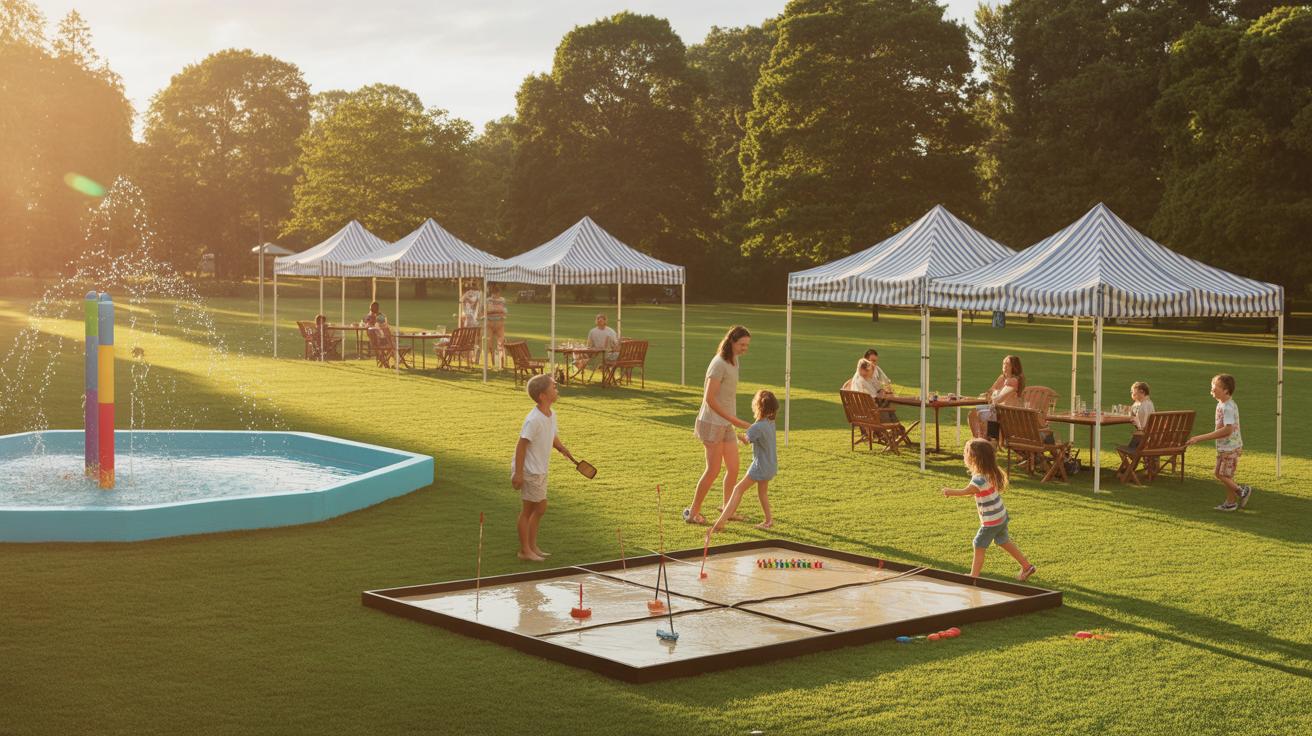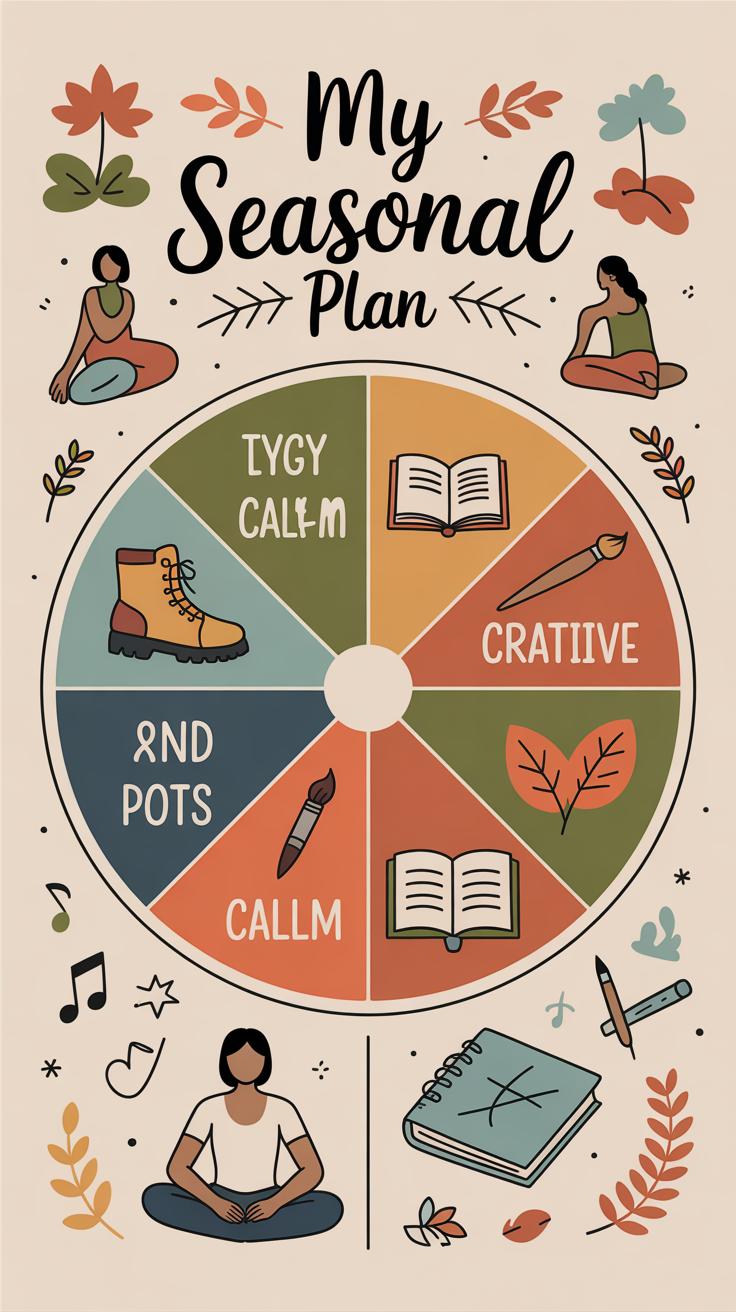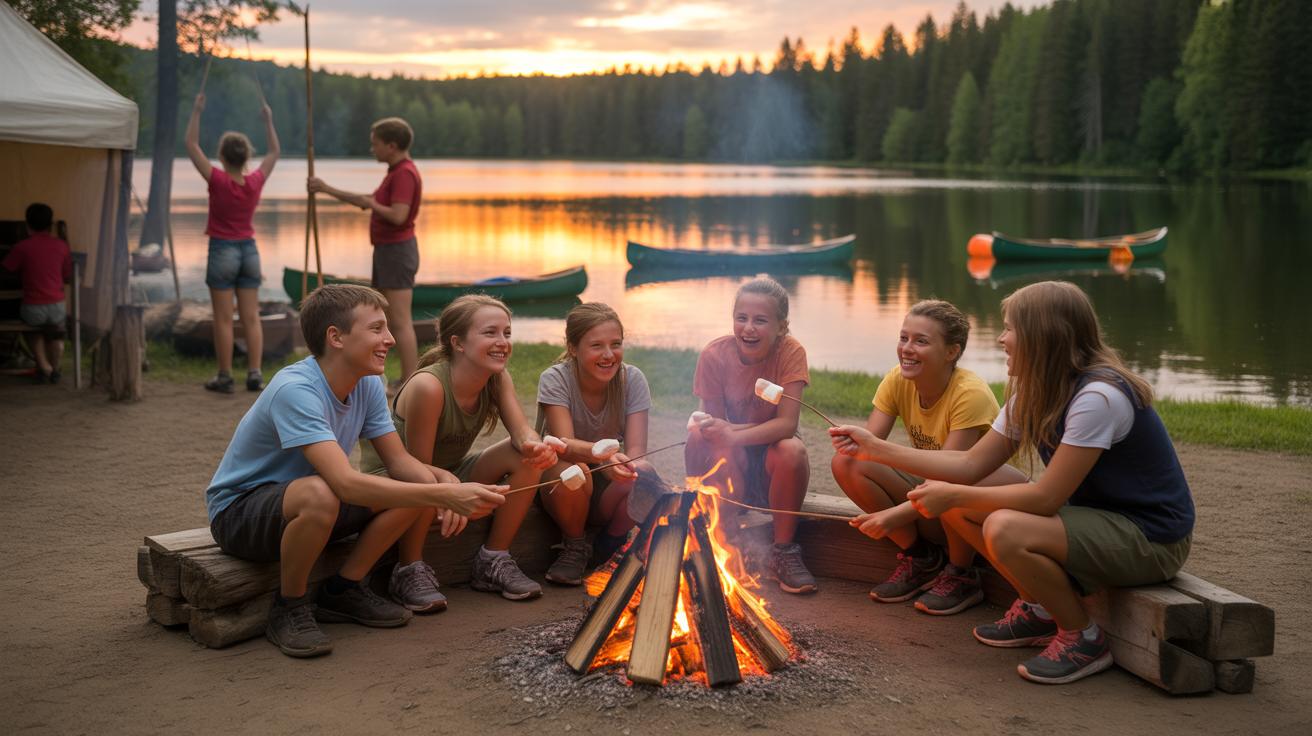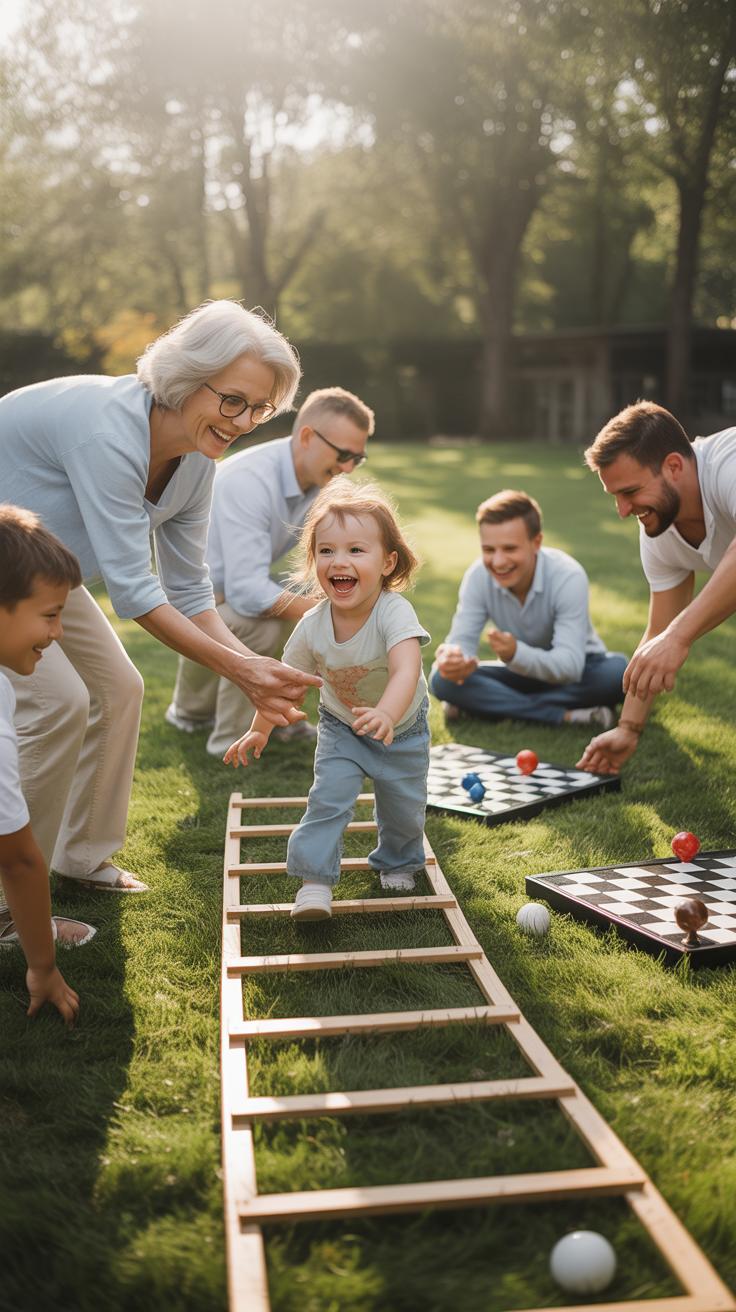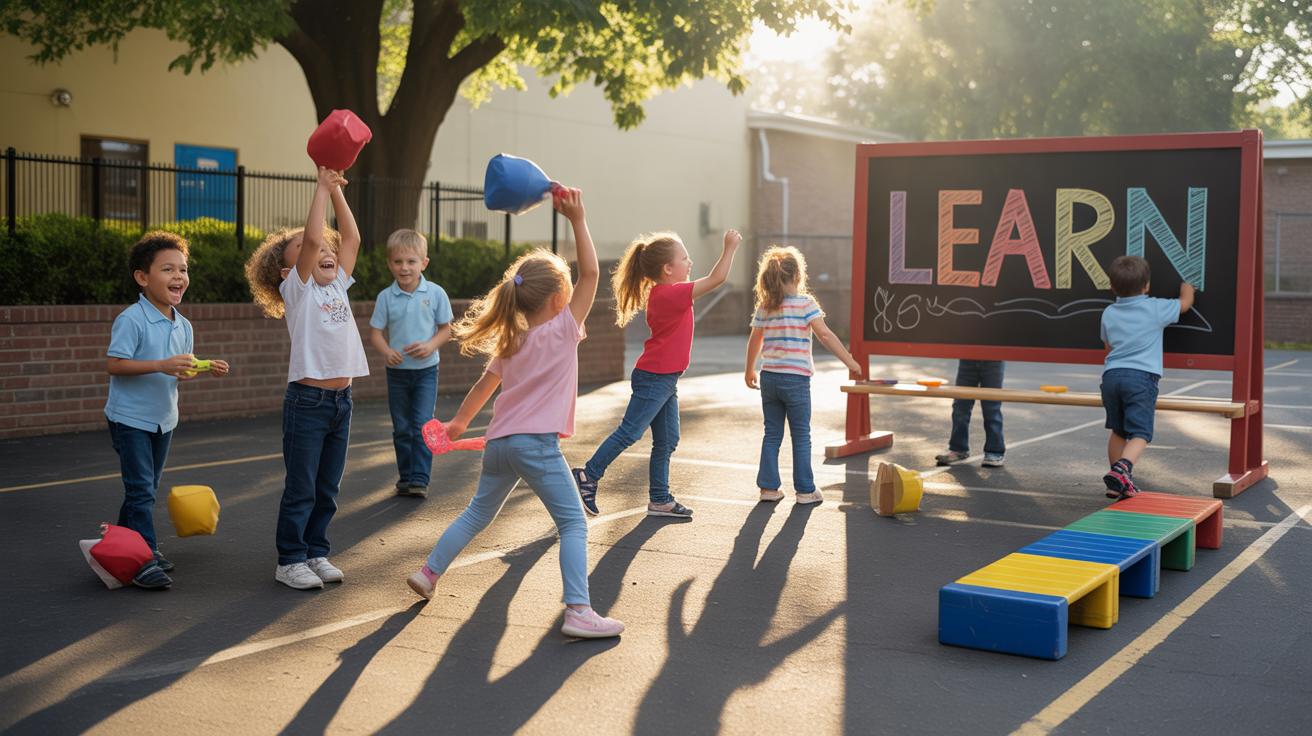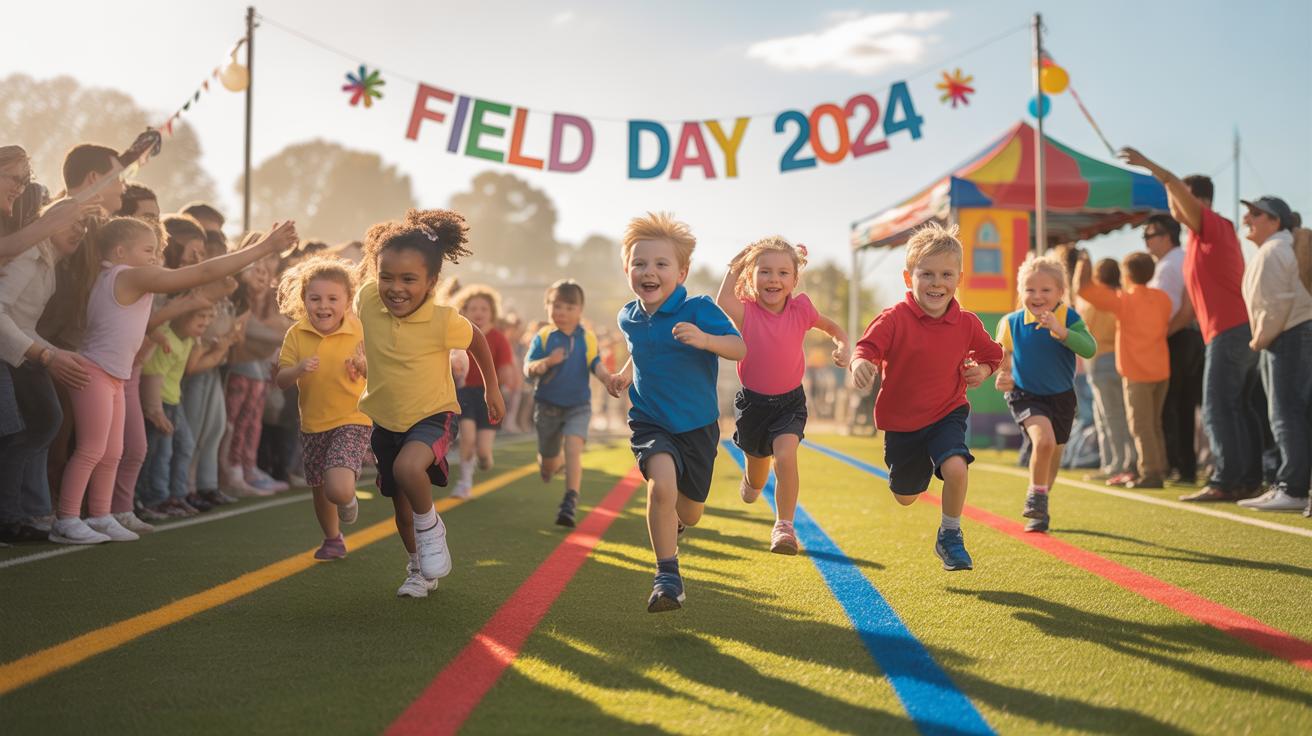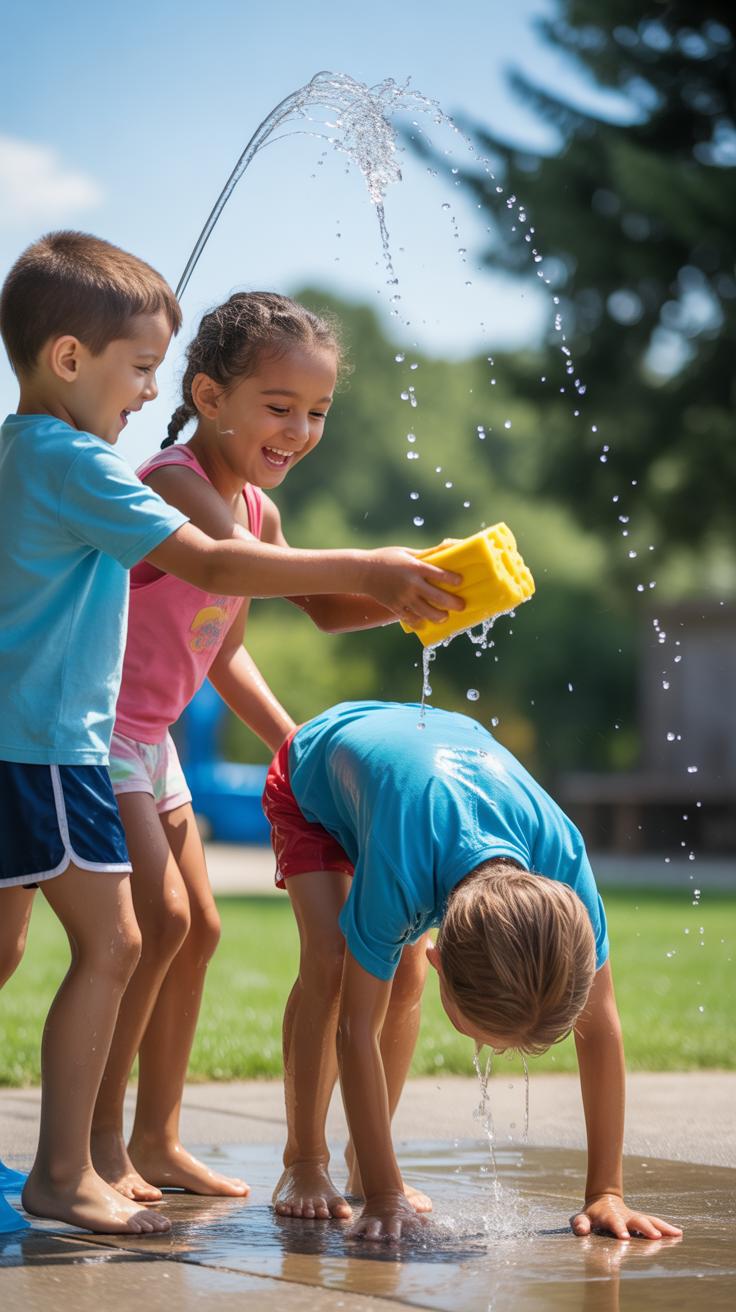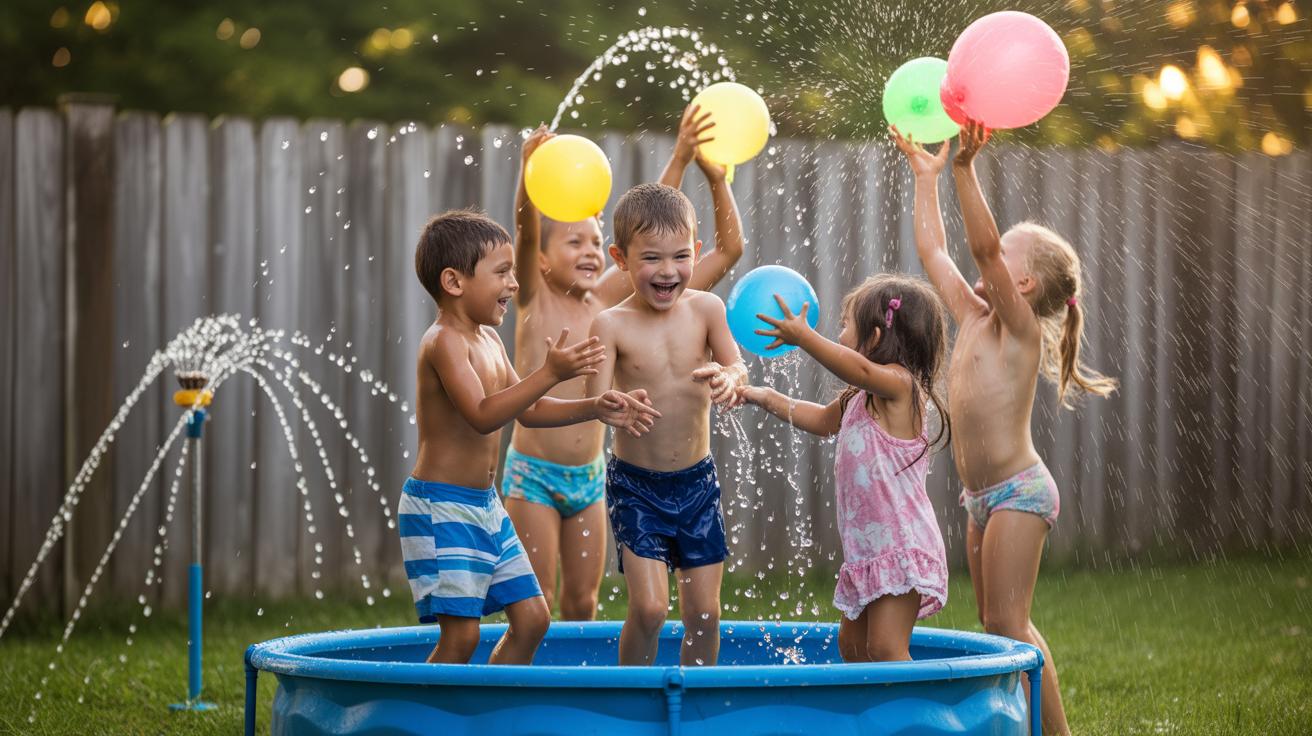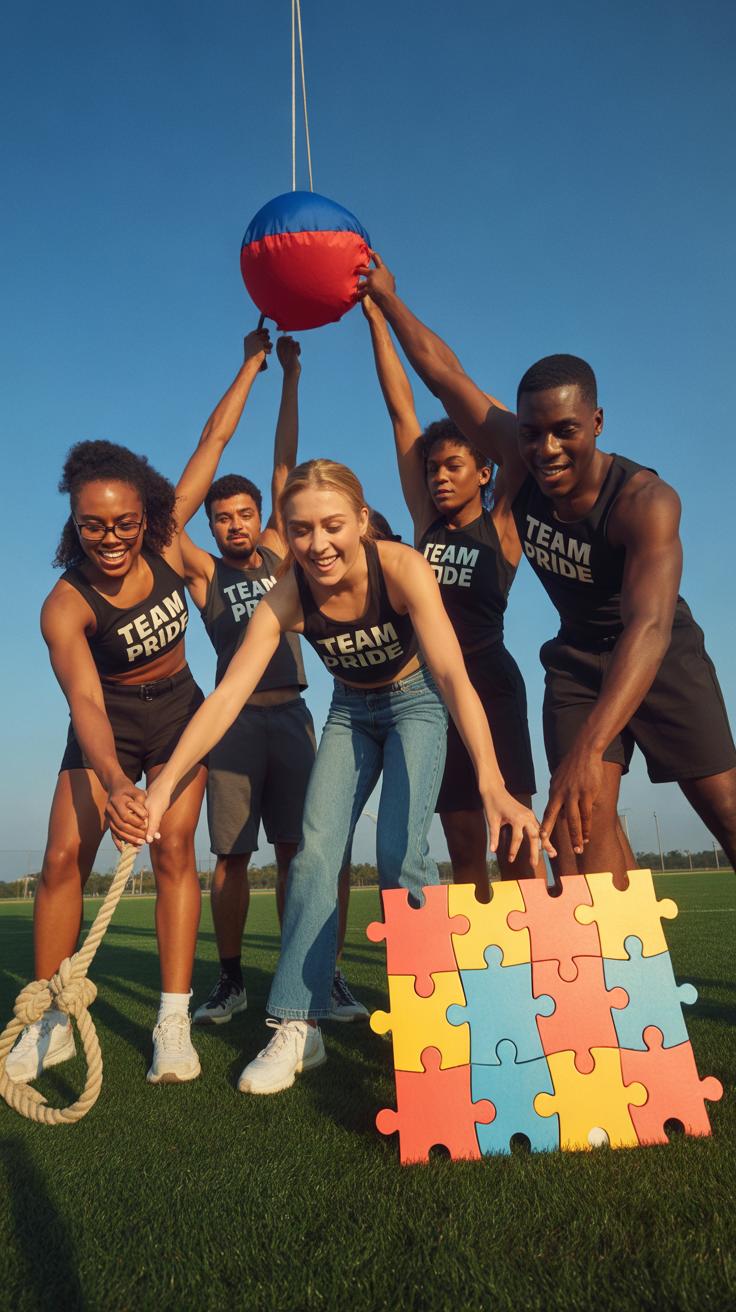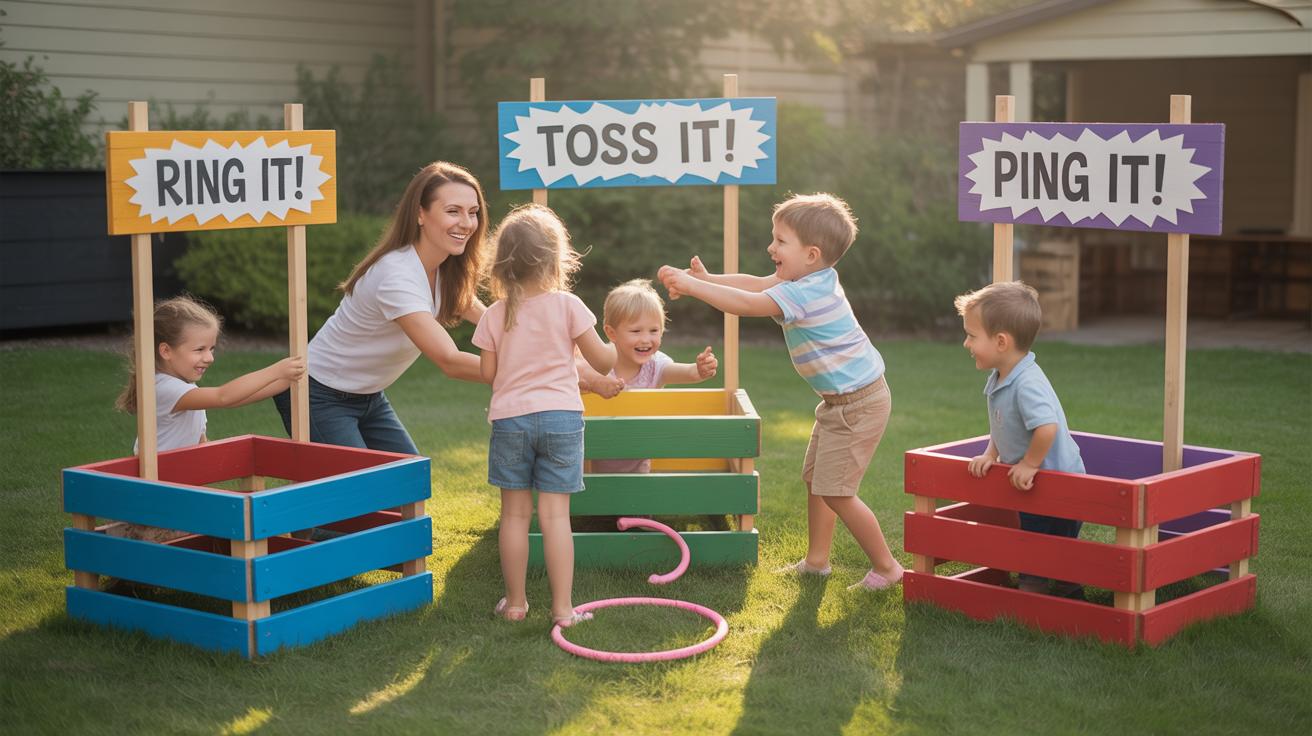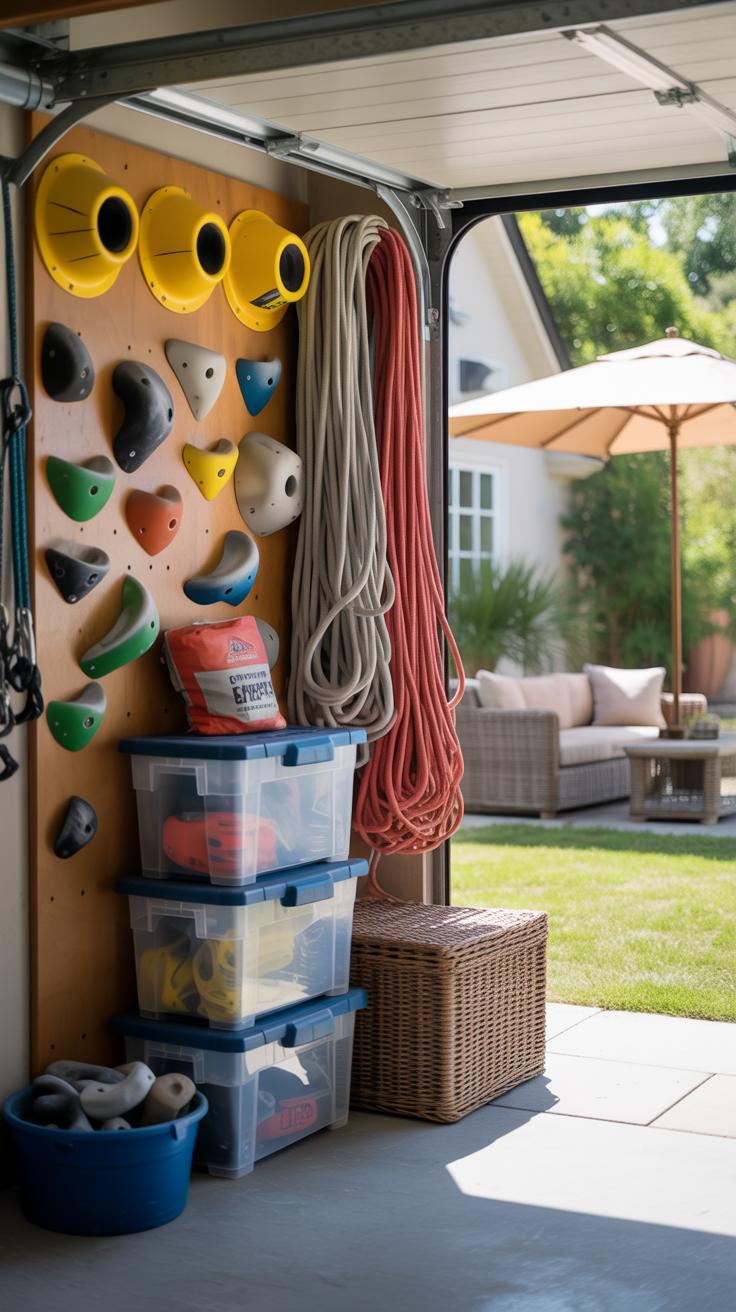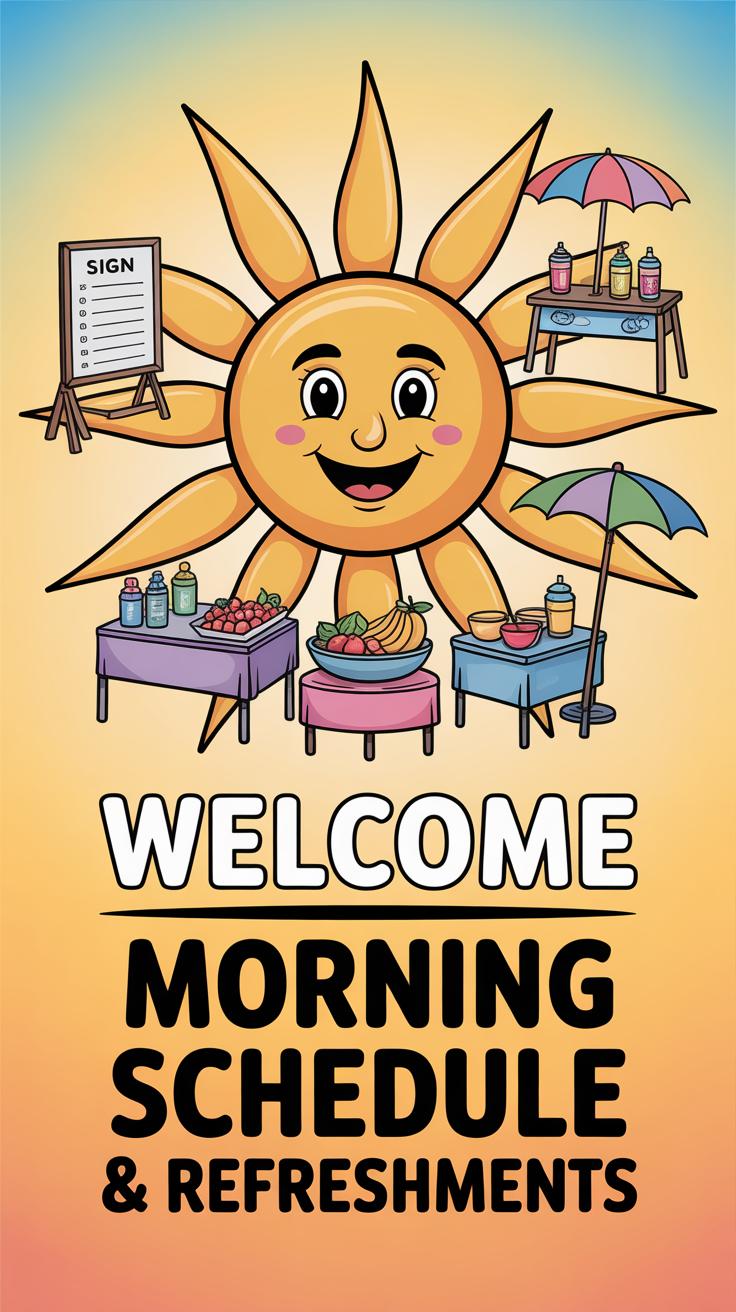Introduction
Summer games offer a perfect way to enjoy long sunny days. These games keep you active, help build friendships, and boost your mood. When you play summer games, time flies because you get lost in the fun.
This article dives into the world of summer games that will make your long days fly by. You will learn about different types of games, tips to play, and how to enjoy them with friends and family. Ready to find your new favorite game?
Understanding Summer Games
Summer games are activities designed to be played outdoors, often taking advantage of warm weather and longer daylight hours. They range from simple lawn games like horseshoes and sack races to more organized sports and group challenges. What makes these games especially popular in summer isn’t just the sport itself, but the way they bring people together. You’ll find neighbors, friends, and even strangers interacting through these games, which helps break the usual routine.
Playing summer games keeps both the mind and body engaged. They encourage physical movement—running, jumping, throwing—which might otherwise get neglected during long, lazy summer days. Plus, these games provide a relaxed environment to socialize without the pressure of formal settings. So, beyond just fun, they often become a casual excuse for connection and activity.
History and Popularity of Summer Games
Summer games have roots going back centuries, often tied to traditional festivals or gatherings. Early communities used such games as a way to celebrate the changing seasons, marking summer with contests of skill and endurance. Over time, many of these evolved into familiar sports or simple pastimes.
In more recent decades, with the rise of organized sports and community events, summer games have grown into popular activities for families and groups. School holidays and public events frequently include them because they invite participation from almost anyone. The growth of parks and outdoor recreation spaces also helped, creating easy access to places suited for these games.
Why People Choose Summer Games
There are several reasons why summer games catch on more in this season. First, the weather makes outdoor play comfortable, even inviting. Who wants to sit inside when the sun is out and the air feels fresh?
- Physical health benefits: Playing games helps improve cardiovascular health, coordination, and stamina without feeling like a workout.
- Social benefits: They foster teamwork, friendly competition, and bonding, which can improve mental well-being.
- Accessibility: Many games require minimal equipment, making them easy and affordable.
Personally, I’ve noticed how even a quick game of frisbee in the park can change the mood of an otherwise dull afternoon. It’s not just about exercise but sharing moments that seem straightforward yet end up memorable. You might wonder—are these games always just about fun? Or do they serve something deeper, like helping us reconnect with simpler joys?
Outdoor Summer Games for Everyone
Classic Outdoor Games
Some games never lose their appeal. Take tag, for example. It’s simple—one person “it,” chasing others until they tag someone else. Kids love the rush; adults sometimes find it surprisingly challenging, too. It gets everyone moving and laughing, which is what summer’s about, right?
Frisbee is another staple. Throwing a disc back and forth breaks up long stretches of hot, lazy afternoons. It’s low-key but can become competitive if you want. Try adding some distance or tricky throws to make it more interesting. Sometimes, just catching it is its own reward.
Relay races get a bit more organized but bring plenty of energy. Whether running, skipping, or hopping—and yes, you can mix those up—these races push everyone to give a little more. Kids and adults alike tend to get surprisingly competitive, even if it’s just for the fun of it.
New and Trending Games
Lately, games like spikeball have popped up everywhere. Think of it as a mix between volleyball and four square, played with a small net on the ground. It’s easy to learn but keeps you on your toes. I’ve noticed people picking it up fast—maybe because it’s active but doesn’t need a court.
Another one is KanJam, a frisbee game where you aim to hit or slide a disc into a target can. It sounds quirky but draws crowds, especially at picnics. It’s social, a bit competitive, and adds a fresh twist to the usual frisbee play.
Even games like cornhole have seen a bit of a renaissance, and honestly, they’re great for all ages. Tossing bean bags into a hole sounds simple, yet it pulls people out of their seats and into the sunshine. Sometimes the best games are the easiest to start but keep you hooked longer than you’d expect.
Indoor Summer Games for Rainy Days
Board Games and Card Games
When the rain traps you indoors, classic board and card games can really save the day. They give everyone a chance to slow down a bit and connect, which might sound counterintuitive on an energetic summer afternoon—but it often works. Think about a game of Monopoly stretched out over hours, or even a quick round of Uno that sparks laughter and small rivalries. These games boost focus and bring people together, no matter the age.
What I find interesting is how simple games often spark unexpected moments—like a rule bending or a strategic play you didn’t see coming. Plus, packing a deck of cards or a small board game feels light and practical, especially when outdoor plans get canceled. Maybe you don’t win every game, but the shared experience tends to linger longer than the weather outside.
Interactive Indoor Games
Not all indoor games require a board. Interactive games like charades or scavenger hunts can keep energy high and hide the fact you’re stuck indoors. Charades gets everyone moving and guessing, often with silly results, which breaks any quiet tension from being cooped up. You don’t need fancy props—just creativity and a bit of willingness to act out random things.
Scavenger hunts inside the house can feel surprisingly fresh too. You could make a list of odd or colorful objects, or even things connected to a theme, and watch people dart around, searching and laughing. It’s a flexible way to involve all ages—and sometimes, the hunt itself is more entertaining than the prize you offer at the end.
Have you ever noticed how these games tend to reveal little quirks about the players? Maybe your teenage cousin turns out to be a surprisingly good guesser in charades, or your youngest shows quick thinking in a scavenger hunt. These moments can make a dreary, rainy day feel a bit brighter inside. So whenever summer storms roll in, don’t just wait it out—bring the games in and let the fun continue.
WaterBased Summer Games
When the heat of summer gets a bit too much, water games can be just the thing to break up long days and keep everyone refreshed. You might have tried a water balloon toss at family gatherings – it’s simple but fun. Two players stand a few feet apart and toss a filled balloon back and forth, trying not to let it pop. Each successful catch means stepping further apart, making it trickier. Sometimes the balloon bursts early, and laughter follows. It’s a great way to cool off and test coordination.
Relay races with water balloons add a bit more pace and a competitive edge. Imagine running to a checkpoint and carefully passing the balloon without dropping it. There’s usually a mess involved—splashes, wet grass—and maybe a few accidental splashes on bystanders. It’s part of the appeal, really.
Water Balloon Toss and Relay
Water balloon toss is more than just throwing balloons. It’s patience, teamwork, and a little suspense as the balloon stretches thinner between tosses. Relay races bring an energetic twist. Teams line up and race while balancing a balloon on spoons or in their hands, trying not to burst it, which often leads to unexpected detours or laughter-filled chaos.
People love these games because they combine simple rules with outdoor fun. Kids and adults alike can join, often discovering a competitive streak or teamwork they didn’t expect. The wet and wild aspect appeals to everyone—plus, you get cooled down without even really noticing it.
Pool Games for All Ages
Pools open up a range of games that work well for kids and grown-ups. Here are a few favorites:
- Marco Polo: One player closes their eyes and calls “Marco,” while others respond “Polo.” It’s a hide-and-seek type game that’s surprisingly tricky in the water.
- Sharks and Minnows: A tag game where the ‘shark’ tries to catch the ‘minnows’ swimming across the pool.
- Water Volleyball: Played with a net or just a designated area, it’s a fun way to include more players and get some exercise.
- Diving for Objects: Toss weighted toys into the pool for people to dive and retrieve. It’s simple but keeps everyone moving and busy.
Each game adapts easily to different skill levels and ages, making pools a perfect spot to mix active fun with refreshing breaks. Plus, you often find that these games spark conversations and build connections — something worth thinking about next time you’re planning some summer downtime.
Team Games That Boost Cooperation
Popular Team Sports
Summer seems almost made for team sports. Soccer and volleyball come to mind first—both demand players work together closely, sharing the load and responsibilities. In soccer, you have to anticipate your teammates’ moves, pass nimbly, and, well, sometimes forgive missed shots. The rhythm of the game requires constant communication, even if it’s just shouting quick instructions or gestures.
Volleyball, on the other hand, hinges on coordination and timing. One mistimed hit can throw the entire team off. I once watched a casual group stumble through a game where some players acted independently rather than as a team. It was a mess, but they slowly figured it out—passing became smoother and the energy lifted. It’s not just about winning but getting into sync, feeling the pulse of teamwork.
Fun Group Challenges
There are also less formal games that invite groups to tackle challenges together—think relay races, human knot, or three-legged races. These games push players to find solutions as a unit, sometimes scrambling to untangle limbs or strategize the fastest way to cross a finish line. Such activities sharpen cooperation skills in unexpected ways.
Have you tried a scavenger hunt that splits into teams? It’s a perfect exercise in communication, division of tasks, and trust. Maybe one person scouts, another solves clues, and the whole group shares hints along the way. What makes those games feel alive is the shared focus—and moments of playful frustration when plans don’t quite work out.
Trying out these team-based summer games might make you see cooperation not just as a skill but as a source of energy and fun during long days. And sometimes, that’s exactly what’s needed to keep everyone engaged and moving forward together.
Solo Summer Games for Relaxation
Spending time alone during summer doesn’t mean you have to be bored or restless. In fact, solo games can be a great way to slow down and enjoy your own company. Mind games and puzzles offer an interesting challenge that keeps your brain engaged without overwhelming you. Whether it’s a crossword, Sudoku, or a jigsaw puzzle, these activities invite focus and sometimes a bit of frustration, but that’s part of their charm. They let you unwind while still feeling productive.
Some people find that working on puzzles outdoors, maybe under a shady tree, changes the whole experience—there’s something about the mix of fresh air and quiet concentration that can feel quite calming. You might even notice that these moments give you a little mental reset.
On the physical side, there are simple activities you can do by yourself that bring fun and fresh energy. Jump roping is one example; it’s easy to pick up and doesn’t need much space. It quiets the mind but demands attention, so your thoughts don’t wander too far. Hula hooping can feel almost meditative, though it might take a few tries before you get the rhythm. Both ideas keep you moving and can help shake off any restlessness that sometimes creeps in during long summer days.
So, next time you find your day stretching ahead with no clear plan, maybe give a solo game a try. They’re oddly satisfying and might even surprise you with just how much fun being alone can be.
Games for All Ages and Skill Levels
Choosing the right games for summer can be tricky when you’re juggling different ages and skill levels. You want something fun but also safe and engaging. Maybe it helps to think about what each group enjoys or can handle without frustration. Sometimes, younger kids just need simple rules and plenty of breaks, while teens and adults might crave more challenge and competition.
Games for Young Children
For little ones, stick to straightforward games that don’t demand too much coordination or complex thinking. Think along the lines of:
- “Duck, Duck, Goose” – easy to grasp and gets them moving.
- Simple relay races – nothing elaborate, just running back and forth.
- Bubble blowing contests – safe and delightfully silly.
- Water balloon toss – adds a splash of excitement without risks.
These options keep the fun lighthearted and safe, which feels crucial. I remember a summer when even a basic game of Simon Says kept my niece entertained for hours.
Games for Teens and Adults
Older kids and adults usually prefer games that mix fun with a bit of a workout or strategy. These could be:
- Volleyball or beach badminton – you get activity and teamwork at once.
- Frisbee golf – surprisingly challenging but casual enough to enjoy.
- Capture the flag – tactical, active, and social.
- Spikeball – quick, high energy play that keeps everyone alert.
Sometimes, I find the best games for older players are those that push a little physically but don’t require intense training. It’s odd how a simple game can transform a slow summer day into something memorable. What kind of game gets your group moving without feeling like a chore?
Equipment and Space for Summer Games
Minimal Equipment Games
Sometimes, the best games need almost nothing. Think about tag, or simple races that don’t ask for more than open space. You really don’t need a backyard or a park; any patch of grass, a quiet street, or even a roomy driveway can work.
Other options include games like hide-and-seek or catch, which demand only a ball or even just your hands. These games adapt well if you have limited room, say an apartment courtyard or a school playground after hours. You might assume you need a lot to get started, but often that’s not the case—you just need willing players.
In my experience, these minimal games often get the most laughs. Maybe because they let you focus on movement and interaction rather than setup. It’s easy to start, pick up, or change rules on the fly, which keeps things interesting. Have you noticed how the simplest games sometimes last the longest?
Games Needing Special Equipment
Then there are games that ask for specific gear—think badminton rackets, frisbees, or volleyball nets. These need a bit more planning, plus the right kind of place. A backyard big enough for running and jumping or a local park with open courts usually works best.
Special equipment games often bring a different energy. Take bocce ball or horseshoes; you need set lanes or flat terrain, but they tend to slow the pace, perfect for a more relaxed vibe. On the other hand, games like soccer or baseball obviously require space to run and some goals or bases. If you don’t have a park nearby, a parking lot or a school field can fill in.
It’s tricky sometimes. Maybe you don’t have the exact gear, but you can improvise or modify rules to fit your space and stuff. I’ve seen people substitute plastic bottles for cones or use towels as boundaries. So it’s more about creativity than strict lists of equipment, really. What equipment do you usually find at hand when the sun’s out?
How to Organize a Summer Games Day
Setting Up the Games
Start by picking a clear space where you can spread out. You don’t need a huge area, but enough room so players won’t constantly bump into each other. Arrange the games in a way that flows naturally—perhaps set up the more active games like relay races or frisbee at one end, and quieter or sitting games like bean bag toss or card games at another. This helps keep things moving and avoids congestion.
Think about the order of games, too. You might want easier or less competitive games first to get everyone warmed up. Gather all the equipment before the games begin. Nothing slows down a day like having to scramble for missing balls or scorecards. You could even label or color-code equipment to avoid confusion.
Keeping Everyone Engaged
Engagement can slip when some players wait too long or feel left out. So, mix up teams often, especially if players have different skill levels or ages. That keeps the mood light and prevents anyone from feeling stuck in a rut or overshadowed.
Try to balance competition and fun. You could introduce small rewards or funny titles for participants, but without making it too serious. Sometimes simply rotating who picks the next game or leads an activity can keep curiosity alive. Also, watch for signs of someone losing interest—they might just need a break or a change of pace. Offering water, snacks, or a cool break spot helps refresh everyone and keeps spirits high.
At the end of the day, it’s really about everyone feeling they had a chance to join in and laugh a bit—sometimes that’s more memorable than who wins.
Benefits of Playing Summer Games
Physical Health Advantages
Playing summer games keeps your body moving more than you might expect. Whether it’s running, jumping, or tossing a ball, these activities help build endurance and strengthen muscles. You don’t have to be an athlete to notice the difference. Even something as simple as a casual game of frisbee can raise your heart rate and improve coordination.
What stands out is that these games often sneak exercise into your day without it feeling like a chore. Your joints get gently warmed up, and your stamina improves over time, maybe without you realizing it. Remember that one afternoon when you didn’t feel as tired after a couple of games? That’s not a coincidence.
Mental and Social Benefits
Summer games lift your mood. There’s something about moving outdoors, sharing laughs, or competing that eases stress. It’s easy to get caught up in the fun and forget about whatever was bugging you earlier. Sometimes, just the chance to focus on the game helps your mind reset.
Socially, these games connect you with others in a way that’s more relaxed than many other settings. When you’re joking over a missed catch or cheering someone on, barriers naturally come down. You may find yourself talking more or feeling closer to people afterward, even if you didn’t expect it. Isn’t that part of the appeal? Plus, it challenges you to cooperate, compete, and sometimes, just be a good sport.
Conclusions
Summer games bring joy and activity to long days. They offer a chance to connect with others and enjoy the outdoors. Whether you play old favorites or try new games, every moment becomes exciting.
Try adding these games to your summer routine. You will see how quickly time passes when you are having fun. So gather your friends, pick a game, and make your summer days unforgettable.

